Unit 2: Lincoln-Douglas Debate
This unit examines the mechanics of LD debate. The standard format is:
Affirmative Constructive (AC): 6 minutes
Negative Constructive (NC): 7 minutes
Affirmative Rebuttal (AR): 4 minutes
Negative Rebuttal/Summation (NR): 6 minutes
Affirmative Summation (AS): 3 minutes
Each side gets four minutes of prep time during the debate, to be divided before its two non-prepared speeches.
When cross-examination (C/X) is added, it takes place after the first two speeches, which makes the format:
Affirmative Constructive (AC): 6 minutes
Negative cross-examination of Affirmative: 3 minutes
Negative Constructive (NC): 7 minutes
Affirmative Cross-examination of Negative: 3 minutes
Affirmative Rebuttal (AR): 4 minutes
Negative Rebuttal/Summation (NR): 6 minutes
Affirmative Summation (AS): 3 minutes
Each debater can choose to use some prep time before the C/X, but that counts against the total prep time. For inexperienced debaters, additional prep time can be added before each C/X.
The chapters in this unit analyze how to prepare for LD debating, beginning with the selection of a value and contentions for the Affirmative Constructive. The next three chapters in this unit address the components of the Affirmative Constructive speech: introduction, interim, contentions and conclusion. After a chapter on the Negative Constructive speech, the concept of flowing a debate is introduced so that debaters will have a systematic way of keeping track of arguments. Chapters 7-9 cover the last three speeches in LD debate. Chapter 10 covers cross-examination, chapter 11 explains how to cite sources, and chapter 12 discusses the ballot or rubric that is used to judge LD debate.
There are also two full debates in unit 4. The first is on legalization of recreational cannabis; both debaters used the value of utility. The second debate is on US withdrawal from the Refugee Protocol, an international agreement that prohibits the US government from returning a person seeking asylum to a country where they will suffer persecution. This affirmative value was utility and the negative value Kantian justice.

